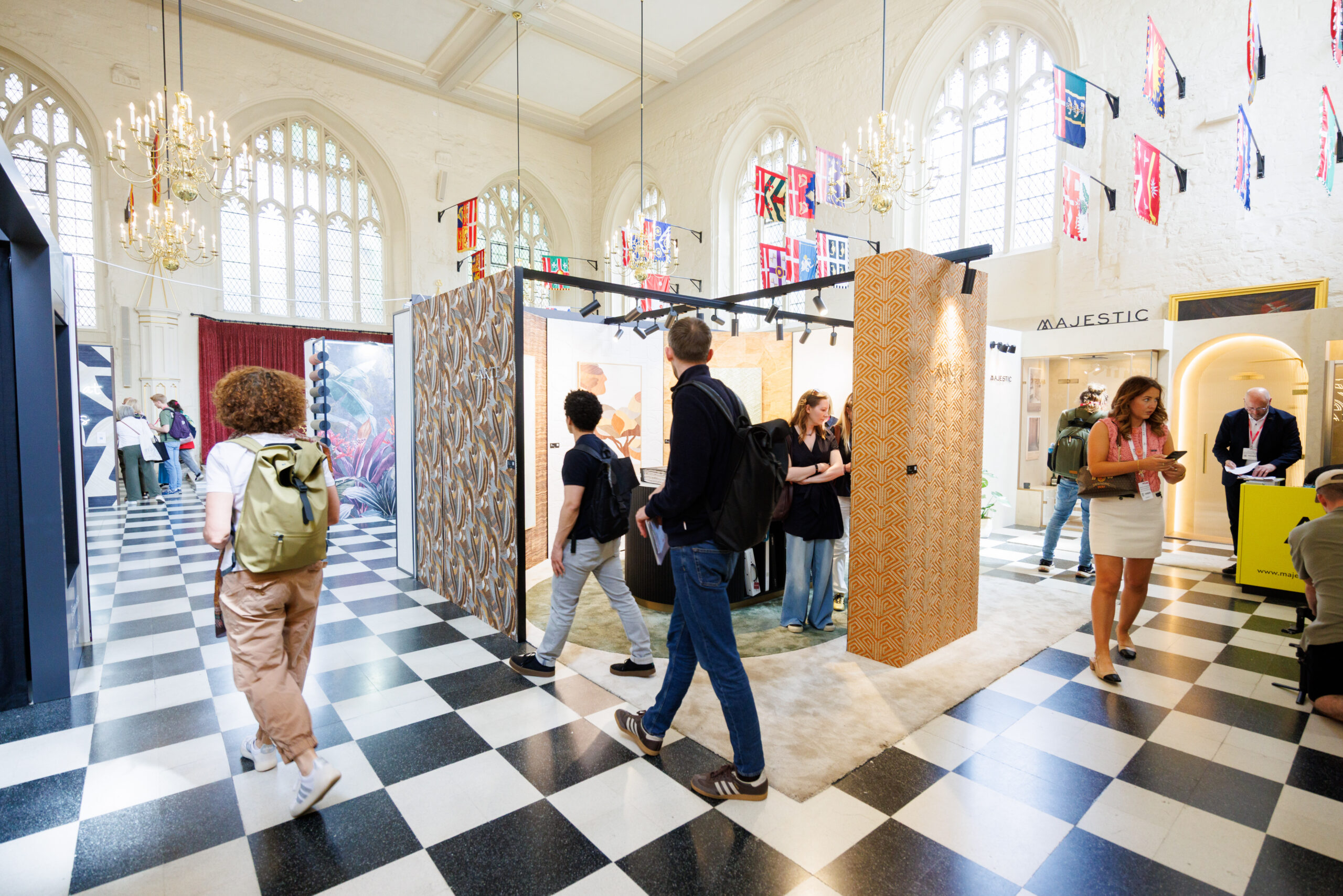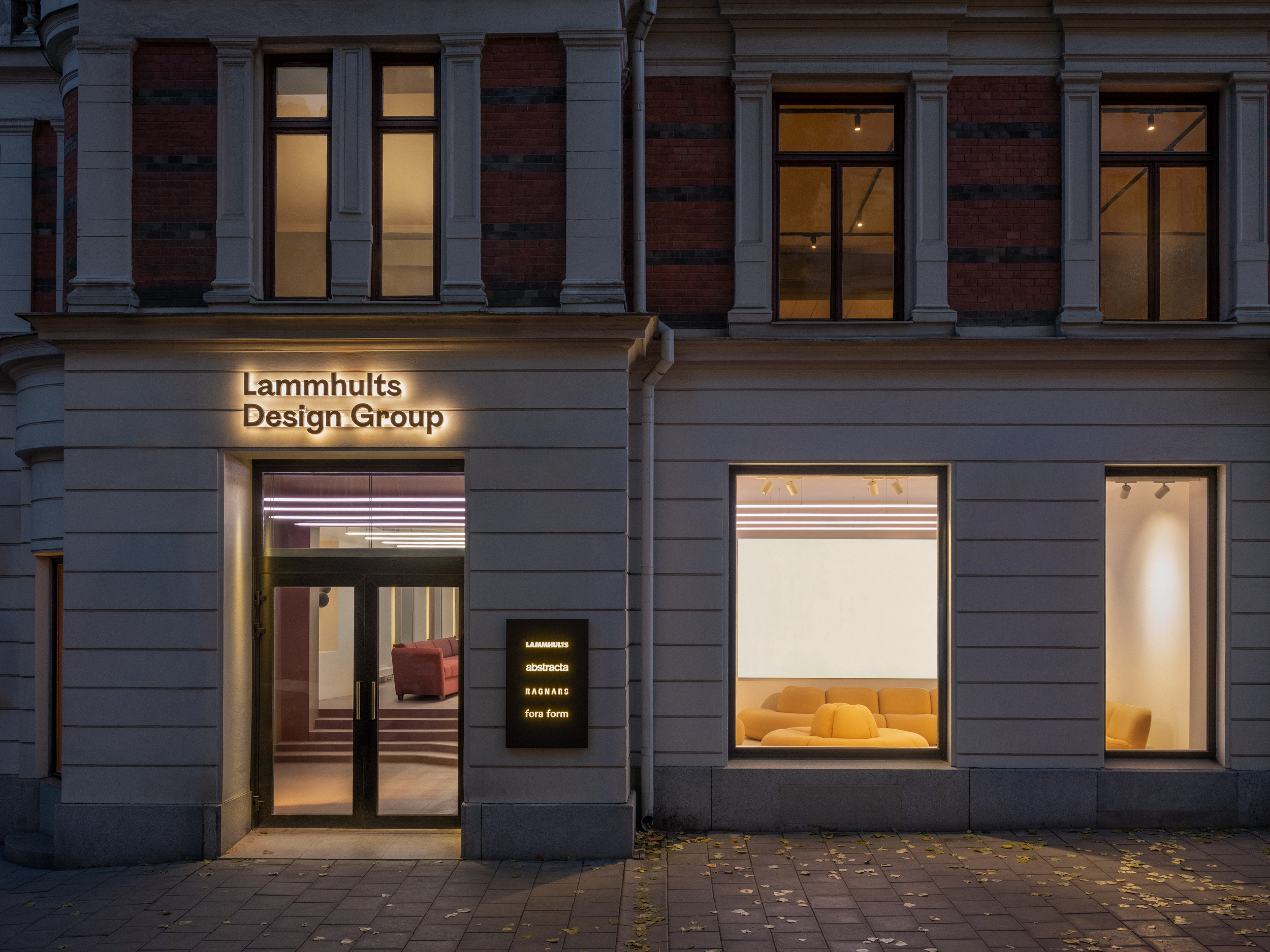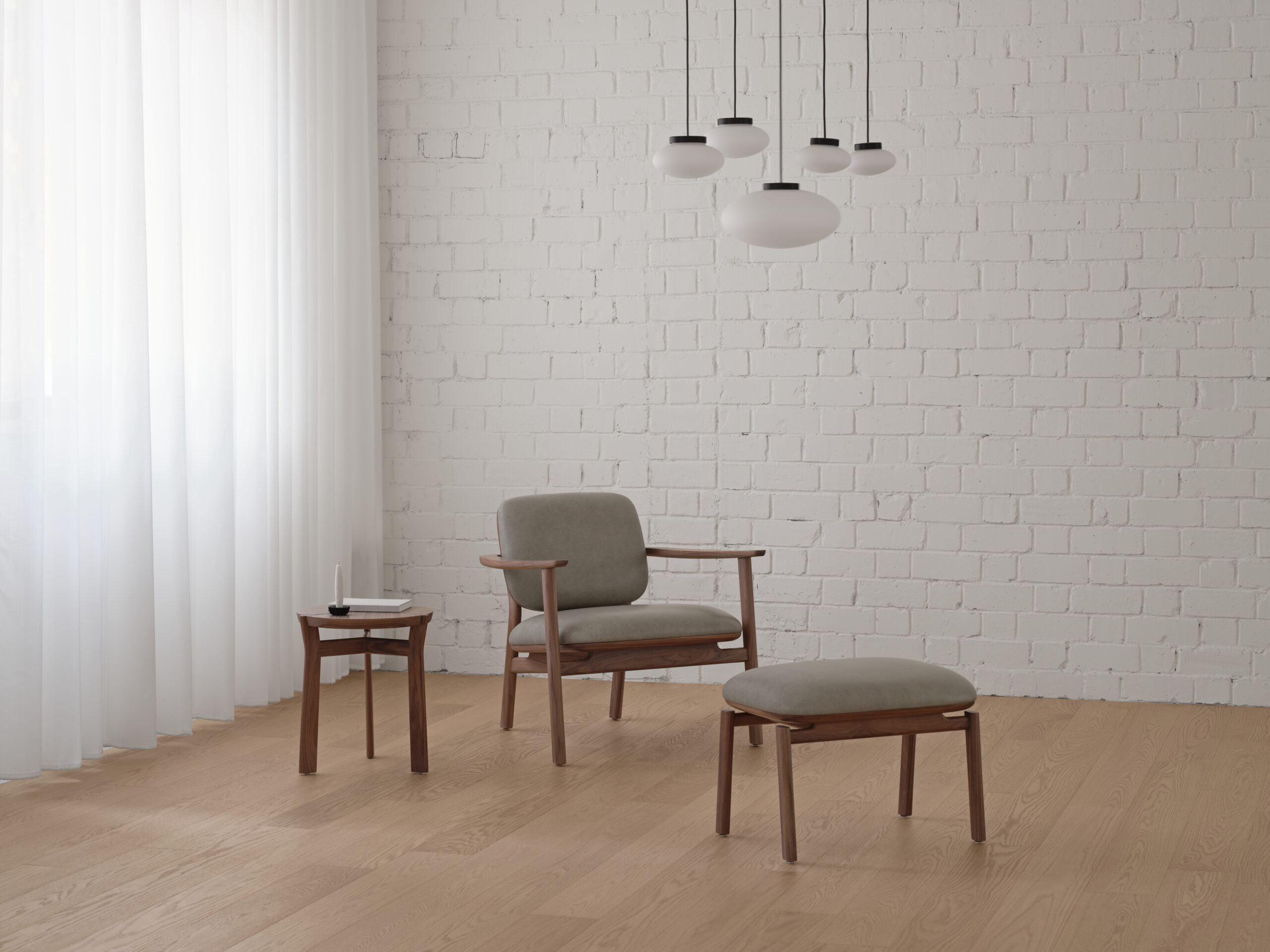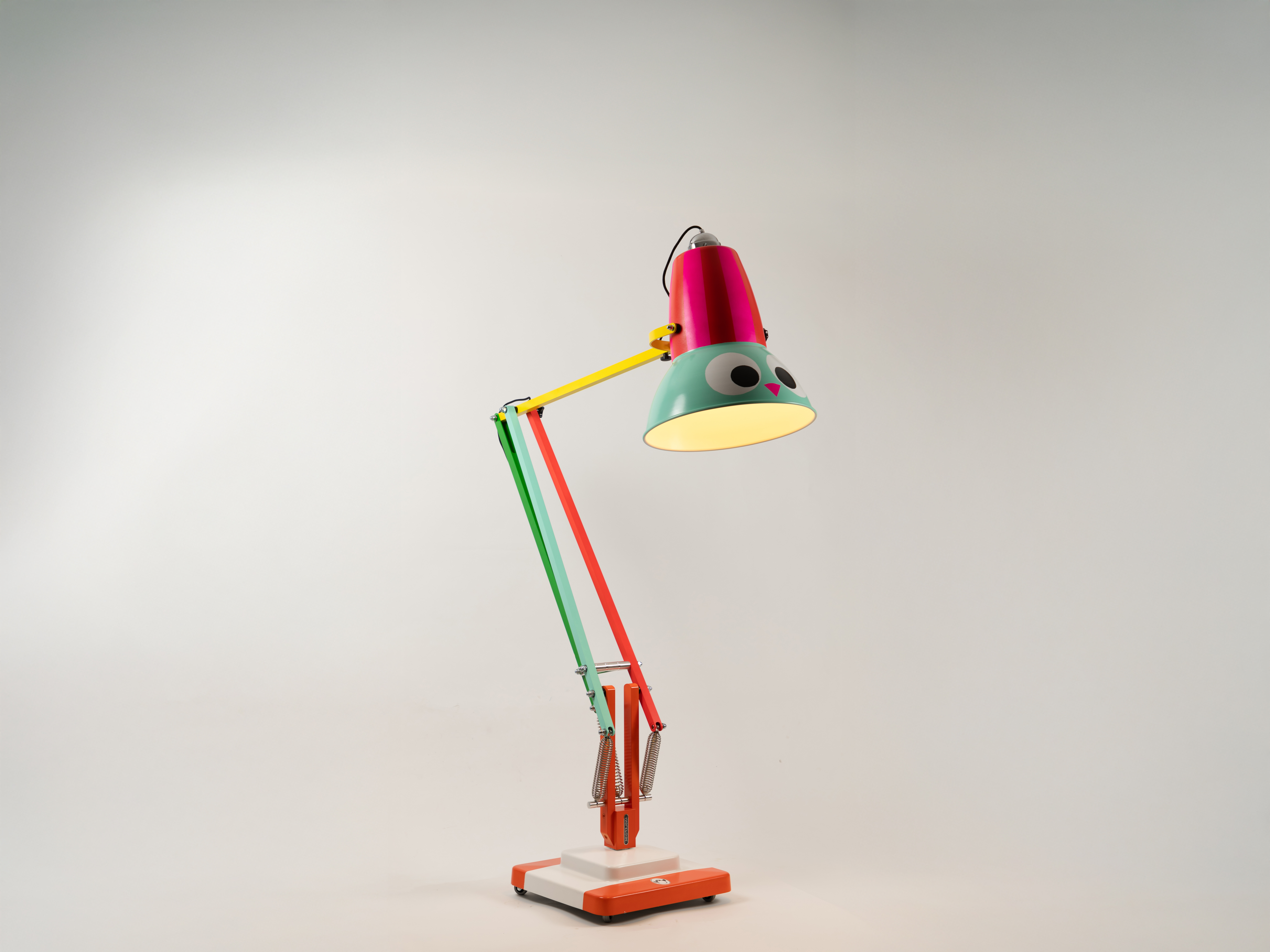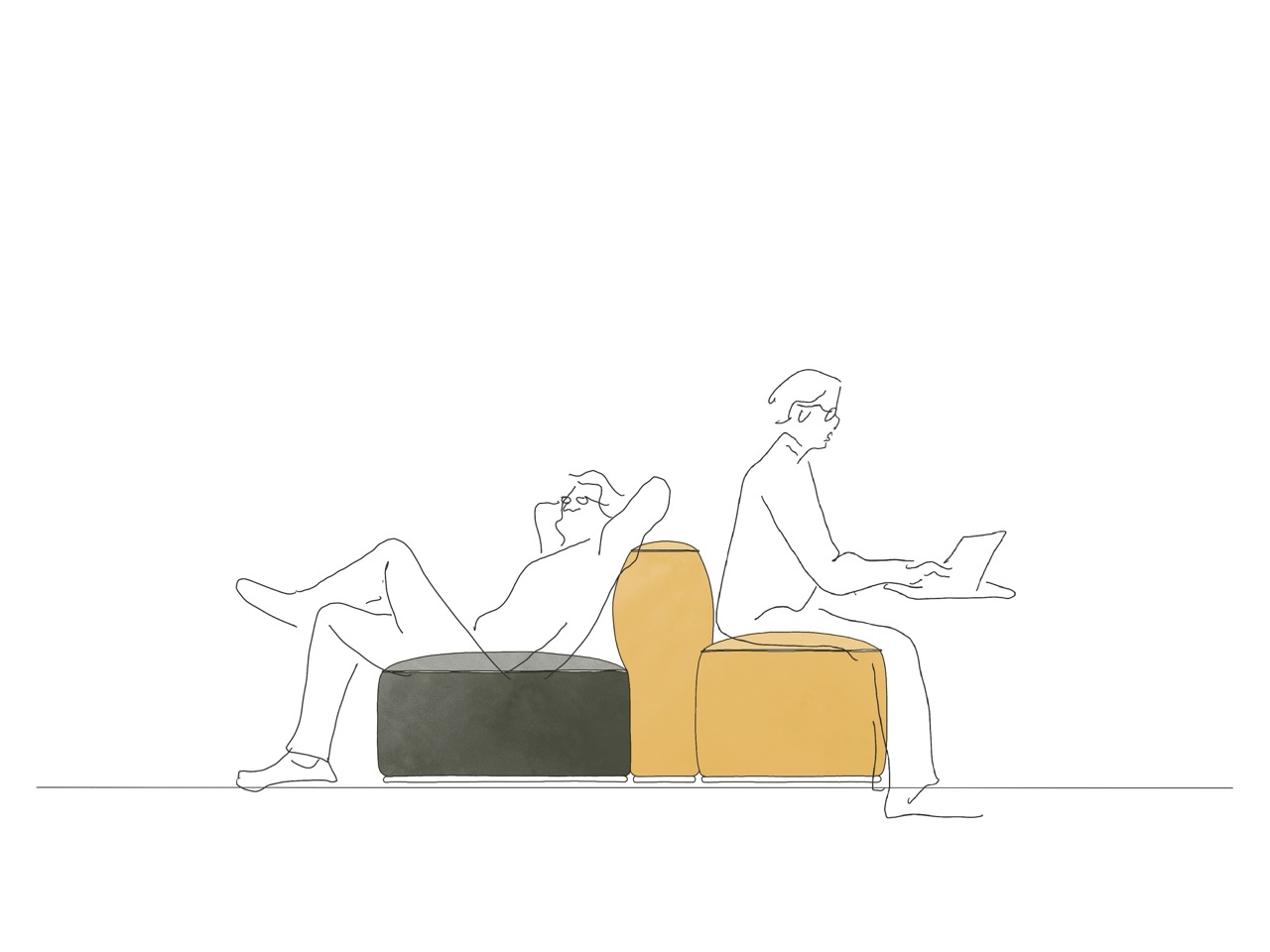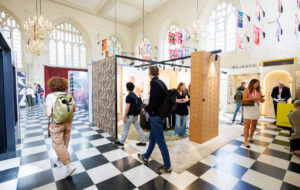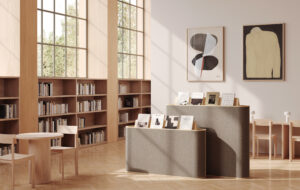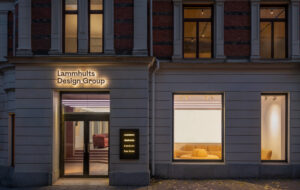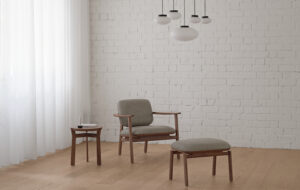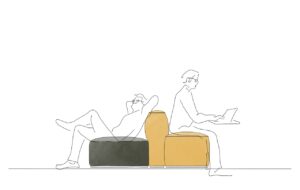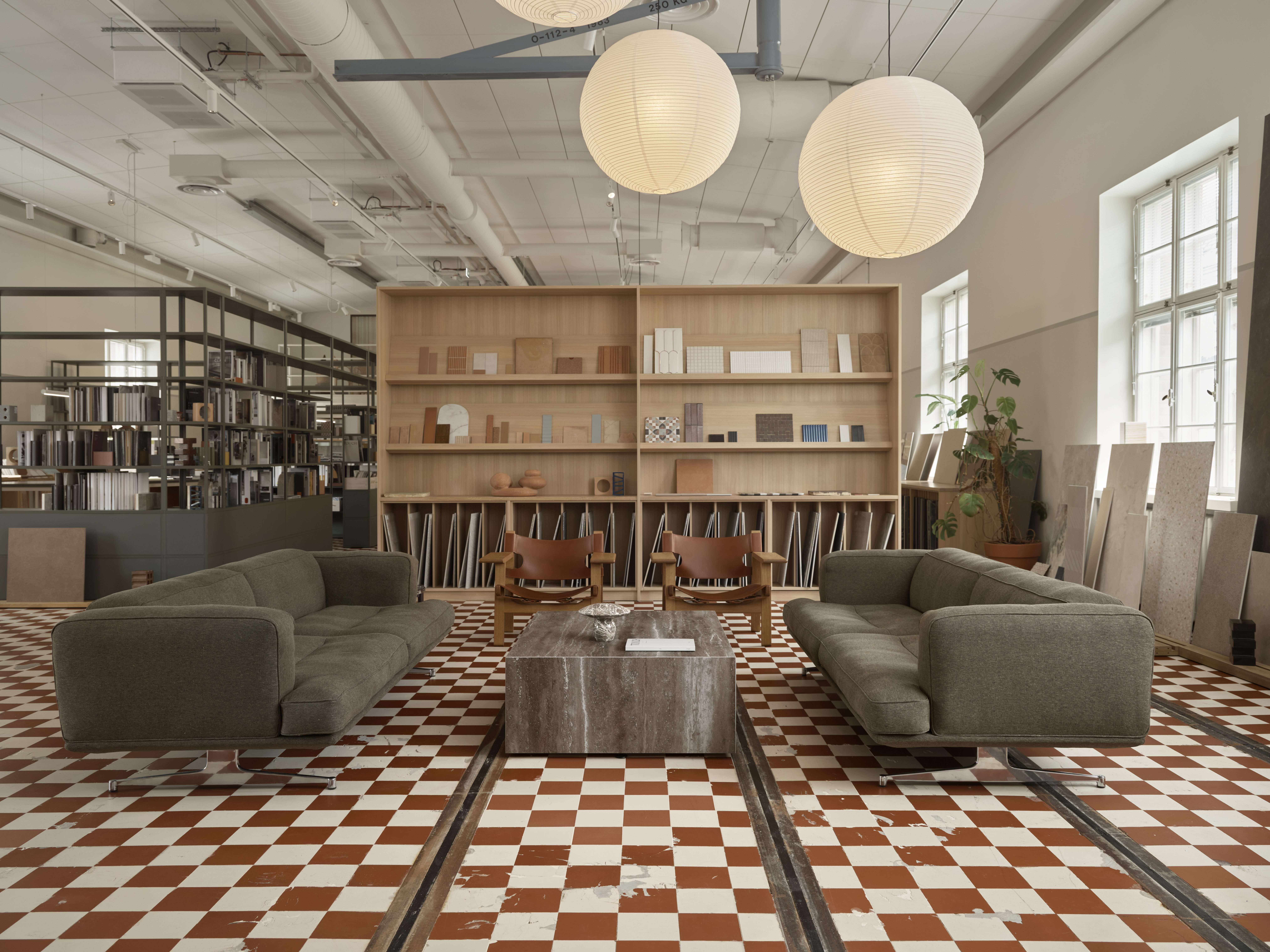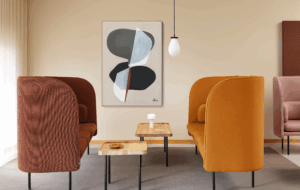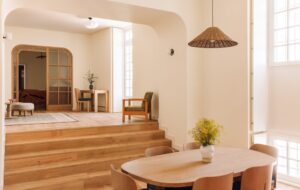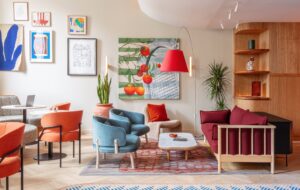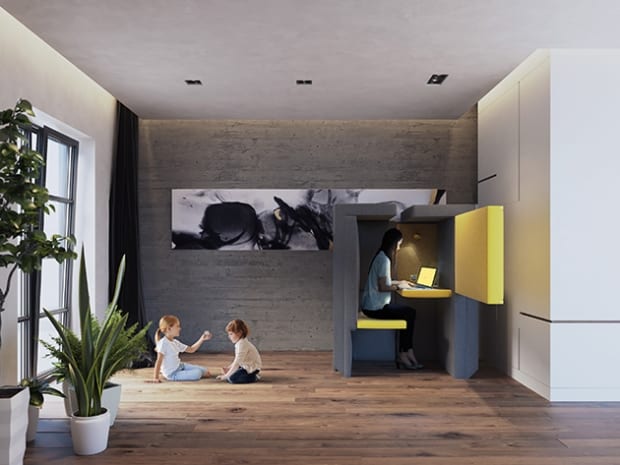
As part of the global COVID-19 lockdown, much of the workforce has had to adapt their homes to become temporary offices, alongside classrooms and home gyms too.
Where space is at a premium, it may require outside the box thinking to be able to find room for a dedicated workspace, and with the future of work looking likely to include agile working in its arsenal far more than before the pandemic, some creative solutions from architects and designers are being produced.
This conceptual design from JaK Studio certainly meets the brief – a reimagining of the classic L-shape sofa that can transform into a work pod. While some convertible furniture can be a strenuous process to transform, L20 sofa concept would use a simple quick release system and sliding rails to convert into a private desk area, requiring only two motions.

The sofa would open out to reveal a drop down desk, reading light, USB port and laptop charging points as well as a cork pin-up board. The sofa itself would also use acoustic fabric to help provide noise control – an issue that those who work-from-home with families or housemates will only know too well – and features a closeable top panel for extra privacy.
Rounding out its utility as a residential product, the sofa can also transform into a sofa bed.
Read more: The home working experiment: how office use may change post COVID-19

“Distracted while trying to work in lockdown, I watched my kids build endless dens from what they could scavenge in our home,” explains Jacob Low, JaK Studio’s director. “It dawned on me that the limit to what we can use our homes for is infinite if we are creative. The sofa bed was a revolutionary piece of furniture when it was first designed but it has not evolved further. The L20 concept would bring the ‘L’ shaped sofa into this new era in which we are living, providing individuals with the flexibility that they require particularly as we continue to demand more from our homes.”
While the product is conceptual at this moment, JaK Studio are looking for a commercial partner to mass produce the prototyped design. It has also pledged all profits from the design rights to the Architects Benevolent Fund.

